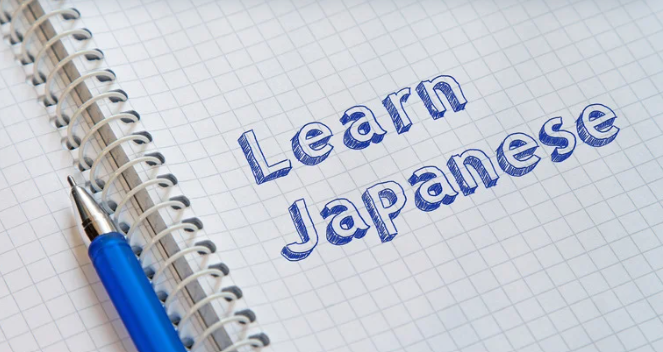Learning basic Japanese phrases can significantly enhance your experience in Japan, especially when it comes to managing daily life. Even if you’re not fluent, showing an effort to communicate in Japanese goes a long way in building connections and navigating everyday situations. Here are ten essential Japanese phrases every newcomer should know.
Contents:
すみません (Sumimasen)
ありがとう ございます (Arigatou gozaimasu)
はい (Hai) / いえ (Iie)
ごめんなさい (Gomen nasai)
いくらですか?(Ikura desu ka?)
空きはありますか?(Yoyuu wa arimasu ka?)
どこですか?(Doko desu ka?)
これをください (Kore o kudasai)
助けてください (Tasukete kudasai)
分かりません (Wakarimasen)
Bonus Tips for Practicing Japanese
How MobalPay Helps Simplify Your Life in Japan
Conclusion
すみません (Sumimasen)
Meaning: Excuse me / I’m sorry
- Use this phrase to get someone’s attention, apologize politely, or say “excuse me” when passing by someone.
Example: “Sumimasen, eki wa doko desu ka?” (Excuse me, where is the train station?)
ありがとう ございます (Arigatou gozaimasu)
Meaning: Thank you very much
- A polite way to express gratitude in most situations. For informal settings, simply say “arigatou.”
Example: “Arigatou gozaimasu!” (Thank you very much!)
はい (Hai) / いえ (Iie)
Meaning: Yes / No
- These simple responses are essential for daily interactions.
Example: “Kore wa anata no kaban desu ka?” (Is this your bag?)
Response: “Hai, sou desu.” (Yes, it is.) or “Iie, chigaimasu.” (No, it isn’t.)
ごめんなさい (Gomen nasai)
Meaning: I’m sorry
- Use this phrase to apologize in more casual or personal situations.
Example: “Gomen nasai, okuremashita.” (I’m sorry I’m late.)
いくらですか?(Ikura desu ka?)
Meaning: How much is it?
- Perfect for shopping or dining out to ask about the price of an item.
Example: “Kono ringo wa ikura desu ka?” (How much is this apple?)
空きはありますか?(Aki wa arimasu ka?)
Meaning: Do you have availability?
- Use this phrase to check availability at restaurants, hotels, or services.
Example: “Konban wa, aki wa arimasu ka?” (Do you have availability tonight?)
どこですか?(Doko desu ka?)
Meaning: Where is it?
- This phrase is useful for finding locations or navigating unfamiliar areas.
Example: “Toire wa doko desu ka?” (Where is the restroom?)
これをください (Kore o kudasai)
Meaning: Please give me this
- Use this phrase to indicate what you’d like to buy or order.
Example: “Kore o kudasai.” (Please give me this.)
助けてください (Tasukete kudasai)
Meaning: Please help me
- Use this in emergencies or when you need assistance.
Example: “Tasukete kudasai! Pasokon ga ugokimasen.” (Please help me! My computer isn’t working.)
分かりません (Wakarimasen)
Meaning: I don’t understand
- A polite way to indicate that you don’t understand something or need clarification.
Example: “Sumimasen, nihongo ga wakarimasen.” (I’m sorry, I don’t understand Japanese.)
Bonus Tips for Practicing Japanese
- Learn Basic Hiragana and Katakana: These phonetic alphabets are essential for reading signs, menus, and more.
- Practice with Locals: Engage in simple conversations to improve your fluency and confidence.
- Use Language Apps: Apps like Duolingo, HelloTalk, or Tandem can help you practice and expand your vocabulary.
How MobalPay Helps Simplify Your Life in Japan
While learning these phrases, managing your finances is another key aspect of adapting to life in Japan. MobalPay’s prepaid Mastercard makes it easier to handle daily expenses:
- Cashless Convenience: Use MobalPay at stores, restaurants, and transportation hubs.
- Budget Management: Track your spending in real-time to stay on top of your finances.
- Secure Transactions: Enjoy safe and reliable payments wherever you go.
Conclusion
Learning these essential Japanese phrases will help you navigate everyday life in Japan more comfortably and confidently. Pairing your language skills with tools like MobalPay can make your experience in Japan even smoother. Practice these phrases regularly and embrace the opportunity to connect with the local culture.
Ready to simplify your finances while adapting to life in Japan? Apply for MobalPay today and enjoy stress-free spending!

